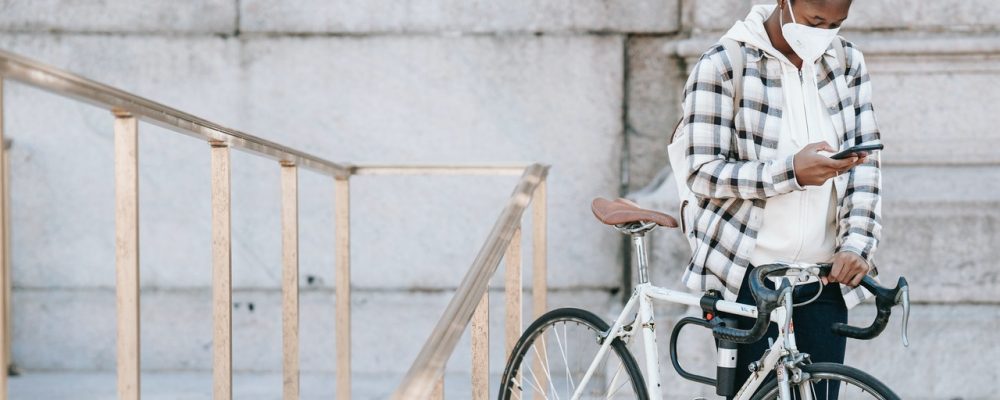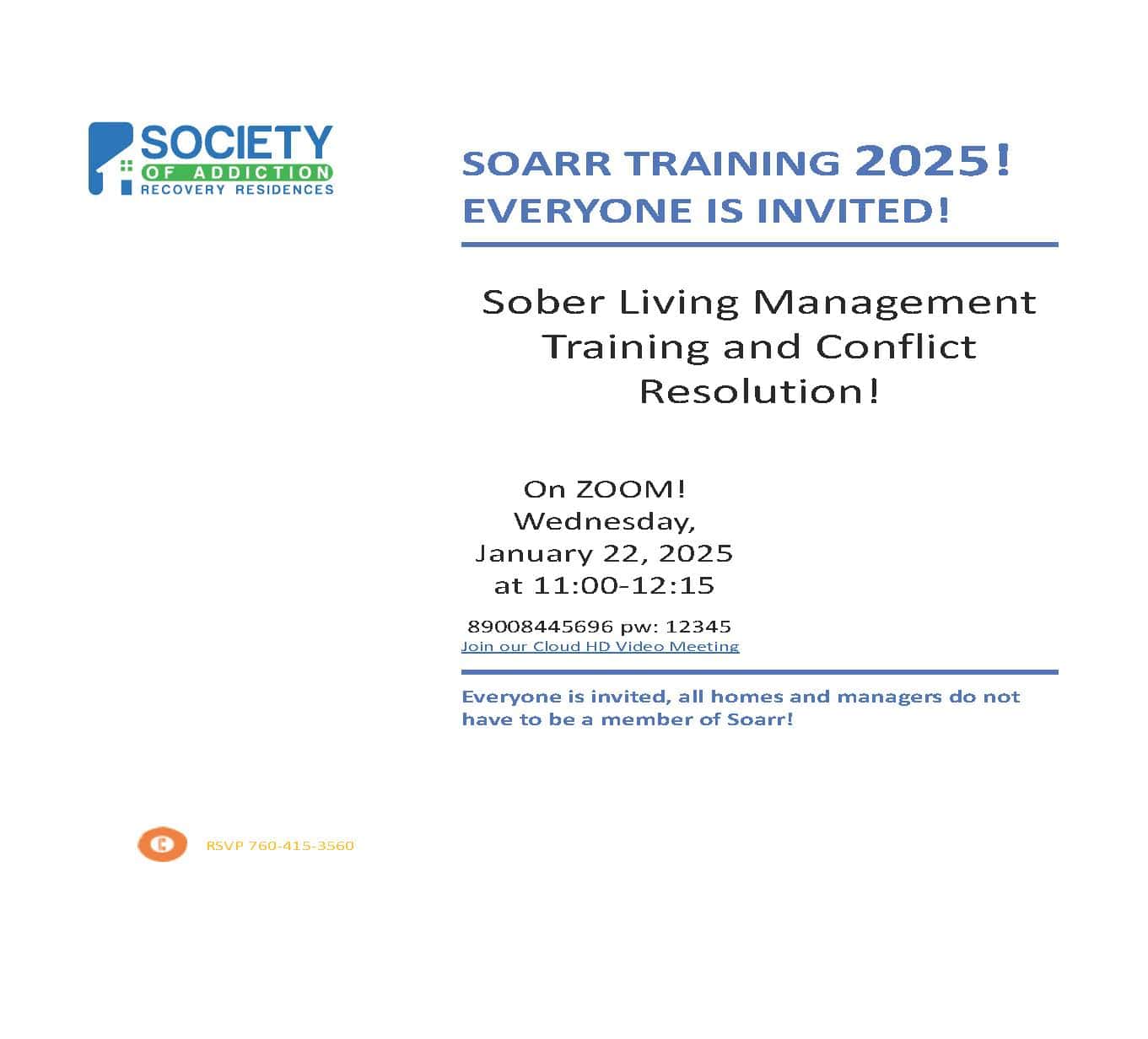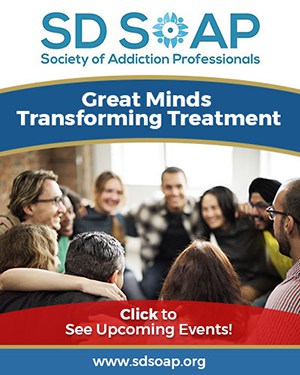Many people in recovery from addiction also have what is called a co-occurring disorder. Usually, this is a mental health disorder. Many people who have mental health disorders have struggled during the pandemic. Being alone can be challenging, and some people have lost access to services. It’s not uncommon for people who lost jobs to quit taking medication or attending therapy. People who have lost employment may have lost healthcare or the ability to pay for services. If you or somebody you love with a mental health disorder, some of these challenges may sound familiar – but like most challenges, they can be navigated!
Mental Health, Isolation and Stigma
Many people with mental health disorders have trouble with being isolated or alone. It’s normal to feel lonely, but sometimes that loneliness can take people to a dark place. It’s easy to get “in your head” and listen to your disease when you’re alone. In society, there is still a lot of stigma surrounding mental health disorders. But most of it is false.
Being alone is bad for our mental health as humans. That’s why it’s so important to connect with others. For most people, this means going online on a computer or app and joining a group to talk about challenges.
Tips for coping with mental health challenges and isolation:
- Have a support network. Have people reach out to a therapist, support group, sponsor, or family members if you are comfortable—Check-in with people at a specific time and date every week.
- Go to online 12-step meetings. There are also 12-step meetings online for people who are dual-diagnosed.
- Recognize what the symptoms of depression If you or somebody you love is suffering from depression, speak up at a meeting or ask a healthcare professional for a referral. Depression is a serious disease, but it is treatable. You deserve to feel better!
- If you experience anxiety or trauma-related PTSD, cognitive behavioral therapy can help you learn to live with your symptoms. Look online to find a therapist that offers telehealth.
- Addiction treatment is still available! While some of the procedures have changed, there are still opportunities for long-term inpatient and outpatient programs.
Financial Barriers and Other Challenges
The pandemic has created many challenges, but people who work in mental health and addiction have been advocating for more services.
If you or somebody you love needs health coverage, you may be able to get it through the Affordable Care Act’s online portals. President Biden has re-opened enrollment to help people who have experienced income loss and other financial challenges. Many states have Medicaid for low-income residents.
There are also many national, state, and city-level programs for people who have lost income, whether through the loss of a job or gig work. Navigating some of these programs can be challenging. You may want to ask somebody you trust for help or get the help of a therapist or social worker to find out more about options.
The most important thing you can do to help your mental health is to reach out to somebody. Whether it’s a family member, a therapist, or a sponsor, you’ll feel better talking out negative feelings and remembering you’re not alone.
Just for today, we’re all learning to live with ourselves and accept our lives during this pandemic. If you need help, it’s available. Please ask at a meeting or therapy!
Staying The Course During COVID
Whether you’ve been sober for years or you’ve recently relapsed, recovery is available! It doesn’t matter what or how much you used or which mental health disorder you live with. People have been where you are and want to help.
Consider living in a sober home if you’re prone to loneliness. The Society of Addiction Recovery Residences is an alliance of sober homes and addiction professionals who work together to set the industry’s highest standards.
To learn more about our organization or find a sober house, please browse our website or call us at 619-828-2001.





